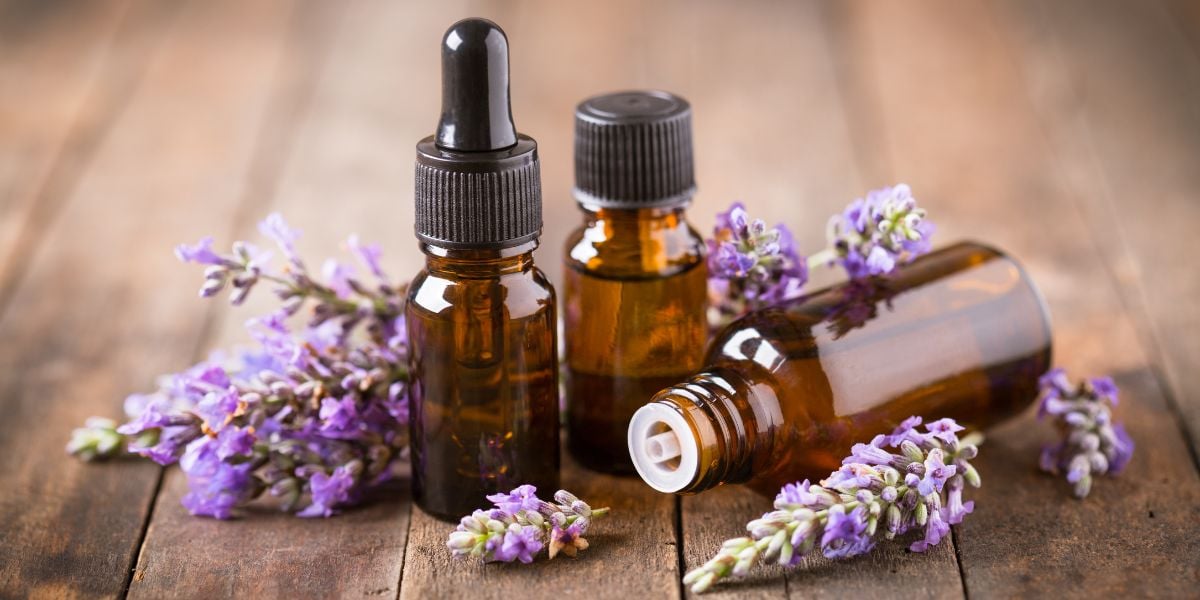Is Aromatherapy Healthy?
Aromatherapy is a complementary therapy that uses aromatic plant extracts and essential oils to promote physical, emotional, and spiritual well-being. Here are some key points about aromatherapy:
- Essential oils: Aromatherapy primarily uses highly concentrated, volatile plant oils known as essential oils. These oils are extracted from various parts of plants, such as flowers, leaves, bark, roots, and fruits, through distillation or cold-pressing methods.
- Inhalation and topical application: Essential oils can be inhaled directly or indirectly through diffusers, or they can be applied topically to the skin, often mixed with carrier oils like coconut or almond oil.
- Therapeutic properties: Different essential oils are believed to have varying therapeutic properties. For example, lavender oil is known for its calming and relaxing effects, while peppermint oil is commonly used for headaches and respiratory issues.
- Mood enhancement: Aromatherapy is often used to enhance mood and promote relaxation. The pleasant aromas of certain essential oils are thought to stimulate the olfactory system, which can influence the limbic system in the brain responsible for emotions and memories.
- Pain relief: Some essential oils, such as clove, eucalyptus, and ginger, are believed to have analgesic (pain-relieving) properties when applied topically or inhaled.
- Complementary therapy: Aromatherapy is considered a complementary therapy and is often used in conjunction with other treatments, such as massage therapy, acupuncture, or traditional medical treatments.
It’s important to note that while aromatherapy is widely practiced and has many anecdotal benefits, more scientific research is needed to fully understand its mechanisms and efficacy for specific conditions.
What conditions does aromatherapy treat?
Aromatherapy is a complementary therapy that uses essential oils extracted from plants to promote health and well-being. While aromatherapy is not a substitute for medical treatment, it is often used as a complementary therapy to help manage symptoms of various conditions. Some conditions that aromatherapy may help treat include:
- Stress and anxiety: Certain essential oils, such as lavender, chamomile, and bergamot, are believed to have calming properties and may help reduce stress and anxiety.
- Sleep disorders: Lavender and chamomile essential oils are commonly used in aromatherapy to promote relaxation and improve sleep quality.
- Pain management: Essential oils such as peppermint and eucalyptus are believed to have analgesic (pain-relieving) properties and may help alleviate pain from conditions such as headaches, muscle aches, and arthritis.
- Respiratory conditions: Eucalyptus, peppermint, and tea tree essential oils are often used in aromatherapy to help relieve symptoms of respiratory conditions such as colds, coughs, and sinus congestion.
- Skin conditions: Essential oils such as tea tree and lavender are believed to have anti-inflammatory and antimicrobial properties and may be used topically to help treat skin conditions such as acne, eczema, and psoriasis.
- Digestive issues: Peppermint and ginger essential oils are believed to have digestive properties and may help alleviate symptoms of indigestion, bloating, and nausea.
- Mood disorders: Some essential oils, such as citrus oils like lemon and orange, are believed to have uplifting properties and may help improve mood and promote feelings of happiness.
It’s important to note that while aromatherapy may provide relief for some symptoms, it is not a substitute for medical treatment. It’s always best to consult with a healthcare provider before starting any new treatment, especially if you have a medical condition or are pregnant.
What are some problems of aromatherapy?
Aromatherapy, the practice of using essential oils from plants for therapeutic purposes, can have some potential problems or concerns. Here are some common issues associated with aromatherapy:
- Allergic reactions: Some people may be allergic or sensitive to certain essential oils, which can cause skin irritation, rashes, or respiratory problems.
- Toxicity: If used in excessive amounts or consumed internally without proper guidance, some essential oils can be toxic and cause adverse effects, such as nausea, vomiting, or organ damage.
- Interactions with medications: Essential oils can interact with certain medications, either increasing or decreasing their effectiveness, which can be dangerous.
- Photosensitivity: Some essential oils, such as citrus oils, can cause photosensitivity, making the skin more susceptible to sunburn or other reactions when exposed to UV light.
- Quality concerns: The quality of essential oils can vary widely, and some products may be adulterated or diluted, reducing their effectiveness or causing potential harm.
- Pregnancy and nursing concerns: The safety of certain essential oils during pregnancy and breastfeeding is not well-established, and some oils may pose risks to the developing fetus or nursing infant.
- Lack of regulation: Aromatherapy products are often not regulated or standardized, making it difficult to ensure their purity, quality, and safety.
- Unrealistic claims: Some companies or practitioners may make exaggerated or unsupported claims about the benefits of aromatherapy, leading to unrealistic expectations or potential harm.
It’s important to consult with qualified healthcare professionals, such as aromatherapists or healthcare providers knowledgeable in essential oil use, to ensure safe and appropriate use of aromatherapy.




